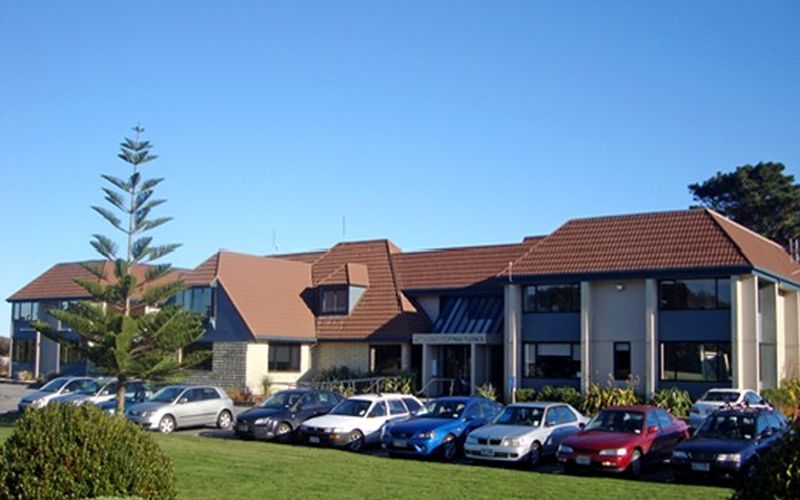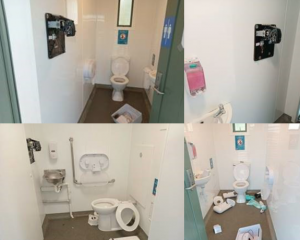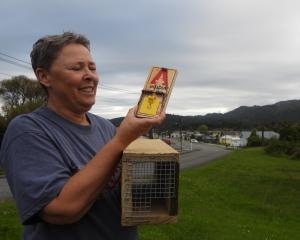
The council voted 4-3 late last week to retain its membership after the national lobby group fronted councillors.
Chairman Allan Birchfield said he was voting no to put the group on notice. Crs Peter Ewen and Brett Cummings also opposed.
Cr John Hill said LGNZ’s advocacy role did not come across well.
"It’s coming the opposite way: you are coming to local government advocating for central government," he said before voting in favour.
Crs Debra Magner and Stuart Challenger expressed similar views.
LGNZ president Stuart Crosby acknowledged the dissatisfaction about LGNZ’s role in engaging with the Government on the Three Waters issue.
However, its position on that had also been grossly misrepresented, Mr Crosby said.
"LGNZ took a position of trying to influence what we saw as a really bad model - and we still see it as a bad model.
"While we agree with a process and we agree with some principles, we do not and have not agreed with the model."
LGNZ had been pushing back at the Government’s reform model for nine months.
"We’ve been able - quite successfully to date - to change it and will continue through the Bill process ... we do have influence."
However, he warned the council it needed to be represented given much deeper reform affecting local government was looming.
"The bigger game in town is the changes to the RMA [Resource Management Act]."
The combined district plan process imposed by the Government on the West Coast’s three territorial authorities was one such change now being signalled for the rest of the country.
The regional council had been given the responsibility of drafting the combined plan, but it also came at cost to its ratepayers.
"You are leading in New Zealand in that space but you have to pay for that. We think we could have assisted in that process. At the end of the day, the power of one has an impact but the power of 77 [local] authorities has downright more in going to government."
Cr Laura Coll-McLaughlin acknowledged local government was about to go through "unprecedented change".
Cr Coll-McLaughlin said it was not a good idea for the regional council to "walk away" from LGNZ after noting the later organisation's role in advocating for localism and placemaking in local government.
She noted that LGNZ was able to provide the council with a needed advocacy service at a time when local government was going through unprecedented change.
Cr Hill said the council felt powerless and constrained in the face of law changes as the Government pushed through change in the current parliamentary term.
This made it very difficult for councils to adequately respond and consult as required, given they were now in the last quarter of the current triennium.
"You mention... the power of 77, but what the ratepayers and the local councils are saying is that despite the power of 77, Government is forging ahead. It's not just three waters. We have had a report today which lists the tsunami of new legislation and bills that central Government are pushing for," Cr Hill said.

LGNZ chief executive Susan Freeman-Greene said the reality of the tsunami of law reform affecting local government was unrelenting, with the Government's absolute majority at present, while the "place making role" of councils was at risk through the Resource Management Act reform.
LGNZ had a role in this to ensure the "threads" of local community representation were included in reform.
"What we've got to make sure is that local voice is always front and centre."
- By Brendon McMahon
Local Democracy Reporter












